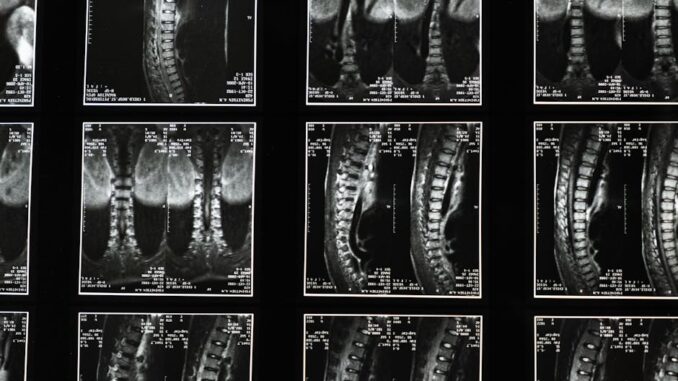
Summary
Leidos and the University of Pittsburgh have partnered to develop AI-powered tools for faster disease detection. The collaboration aims to improve diagnostics, enhance healthcare delivery, and train future specialists. This initiative promises to revolutionize disease management and expand access to care for underserved communities.
Healthcare data growth can be overwhelming scale effortlessly with TrueNAS by Esdebe.
** Main Story**
So, Leidos and the University of Pittsburgh, or Pitt as some people call it, have just announced this pretty cool partnership. I’m talking about a $10 million investment over five years, all aimed at making AI disease detection more accessible. It’s a game changer, really.
Democratizing AI in Healthcare
The goal? To develop and roll out AI tools that’ll speed up diagnosing and managing diseases like heart disease and cancer. Think about it: quicker diagnoses mean faster treatment, which, in turn, leads to better outcomes for patients. We’re talking about a real transformation in how healthcare operates. It’s about taking AI’s ability to crunch massive datasets and spot patterns that humans might miss, leading to earlier and more accurate diagnoses. Sounds promising, right? I remember a conversation I had with a colleague last year about the potential of AI in radiology, and this partnership seems like a solid step in that direction. And I can’t overstate the benefits, what is not to like?
Training the Future Healthcare Workforce
But it’s not just about the technology. The partnership also puts a big emphasis on training the next generation of healthcare pros. We are talking comprehensive educational programs, industry best practices, annual symposiums, and hands-on internships. Students will get the chance to work alongside Leidos experts, which is invaluable experience. After all, what good is cutting-edge tech if nobody knows how to use it properly? It’s a clever move because it ensures that the future workforce will be ready to tackle the challenges, and opportunities, of AI in medicine.
Expanding Access to Care for Underserved Communities
And here’s something else that’s really important. They’re focusing on expanding access to care for underserved communities. You see, by developing AI-powered tools that can be used in various healthcare settings, they’re aiming to make advanced diagnostics available to more people. This could really help to bridge the gap in healthcare access and improve outcomes for those who might not have had access to specialized services otherwise. For instance, imagine a small rural clinic using AI to diagnose a patient who would otherwise have to travel hours to see a specialist. Now, that’s a real impact.
A Collaborative Synergy
The partnership between Leidos and Pitt’s Computational Pathology and AI Center of Excellence (CPACE) is a smart move, I think. Leidos brings its experience in AI applications across different sectors. While Pitt brings its cutting-edge research in computational pathology. When you put those together, you have a recipe for innovation. It’s about turning scientific discoveries into real-world tools that can help patients.
Pushing the Boundaries of Research
They’re also diving into joint research projects, exploring new imaging methods and advanced scanning technologies. This dedication to research and development is crucial for keeping things moving forward in AI-driven diagnostics. They’re not just resting on their laurels; they’re actively looking for new and better ways to detect and manage diseases. It’s this kind of forward-thinking approach that will keep them at the forefront of medical technology.
All in all, the Leidos and University of Pittsburgh partnership is a big deal for the future of AI in healthcare. With its focus on faster diagnoses, workforce development, expanded access to care, and continuous research, it’s got the potential to really shake things up and improve lives. It’s definitely something to keep an eye on, as it could change the landscape of medicine as we know it, and lets be honest, that’s something we all want to see, won’t we.


AI diagnosing heart disease and cancer faster? Sounds fantastic! But will these AI tools ever learn to deliver the bad news with a little bedside manner, or are we all doomed to receive our diagnoses from a cold, calculating algorithm?
That’s a great point! While AI excels at rapid analysis, the ‘bedside manner’ aspect is crucial. The partnership also focuses on training future healthcare professionals. The aim is for them to leverage AI insights with empathy and communication skills, ensuring patients receive support alongside diagnoses. It is vital.
Editor: MedTechNews.Uk
Thank you to our Sponsor Esdebe